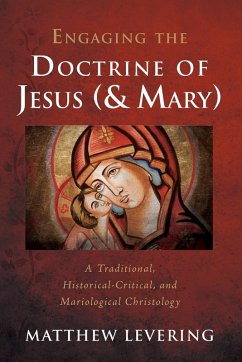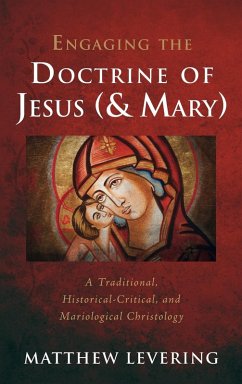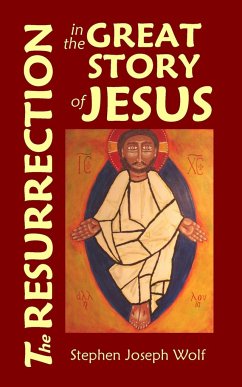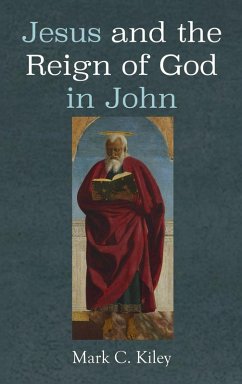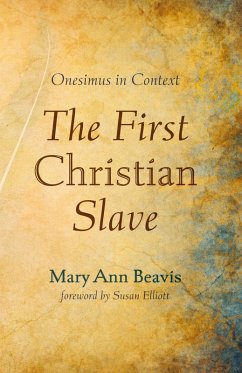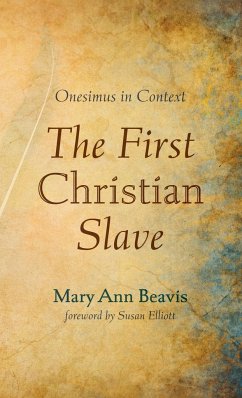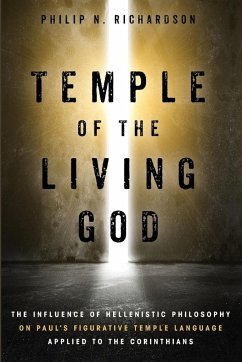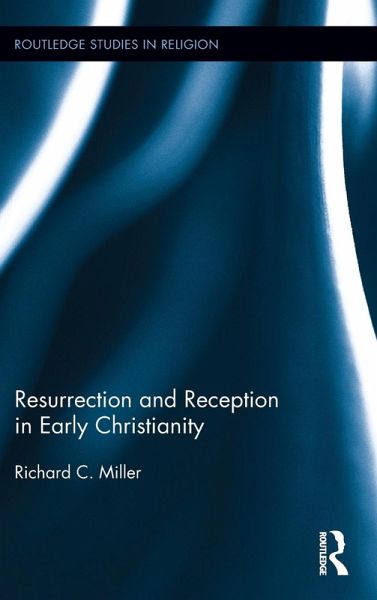
Resurrection and Reception in Early Christianity
Versandkostenfrei!
Versandfertig in 1-2 Wochen
185,99 €
inkl. MwSt.
Weitere Ausgaben:

PAYBACK Punkte
93 °P sammeln!
This book offers an original interpretation of the origin and early reception of the most fundamental claim of Christianity: Jesus' resurrection. Richard Miller contends that the earliest Christians would not have considered the New Testament accounts of Jesus' resurrection to be literal or historical, but instead would have recognized this narrative as an instance of the trope of divine translation, common within the Hellenistic and Roman mythic traditions. Miller's contentions have significant implications for New Testament scholarship and will provoke discussion among scholars of early Chri...
This book offers an original interpretation of the origin and early reception of the most fundamental claim of Christianity: Jesus' resurrection. Richard Miller contends that the earliest Christians would not have considered the New Testament accounts of Jesus' resurrection to be literal or historical, but instead would have recognized this narrative as an instance of the trope of divine translation, common within the Hellenistic and Roman mythic traditions. Miller's contentions have significant implications for New Testament scholarship and will provoke discussion among scholars of early Christianity and Classical studies.




